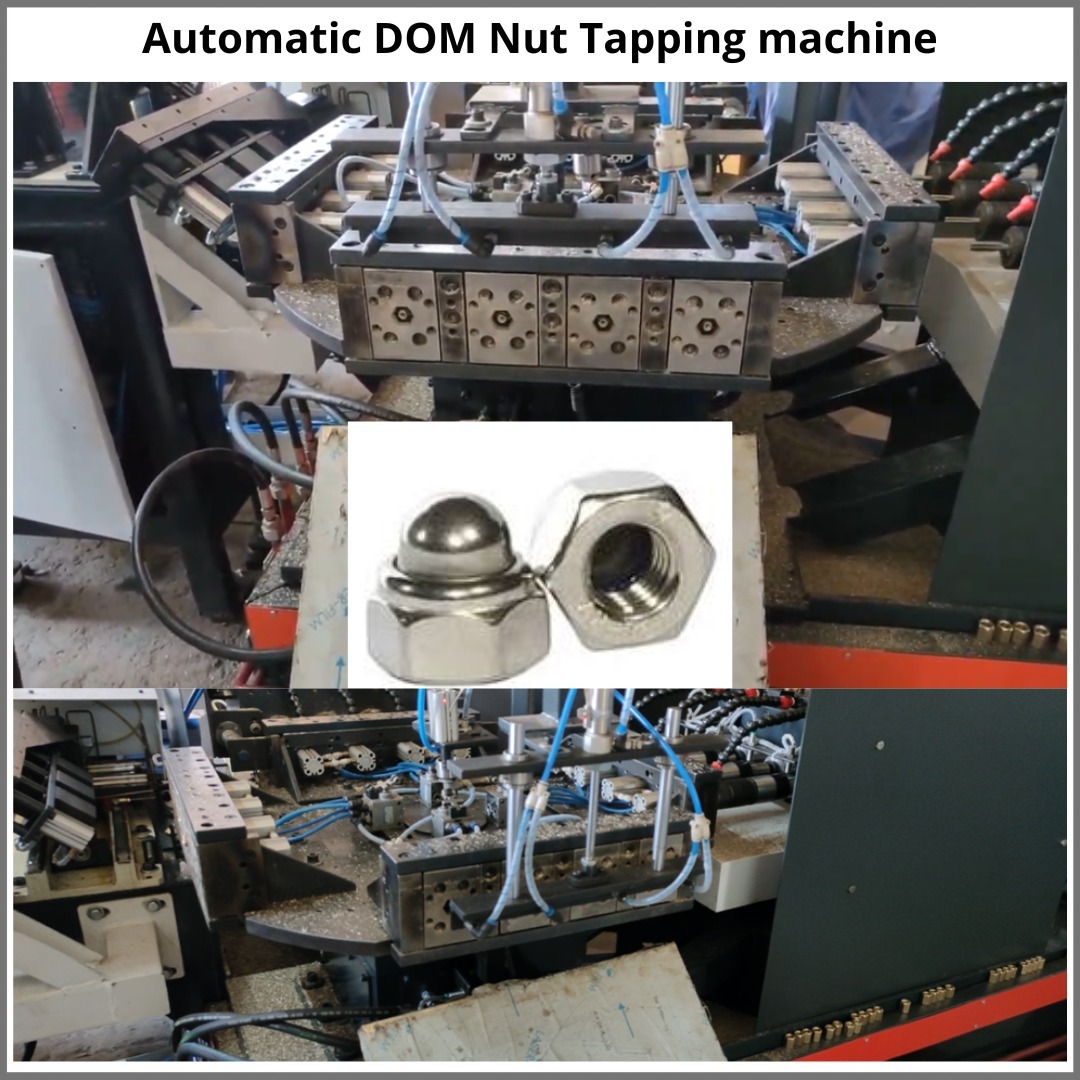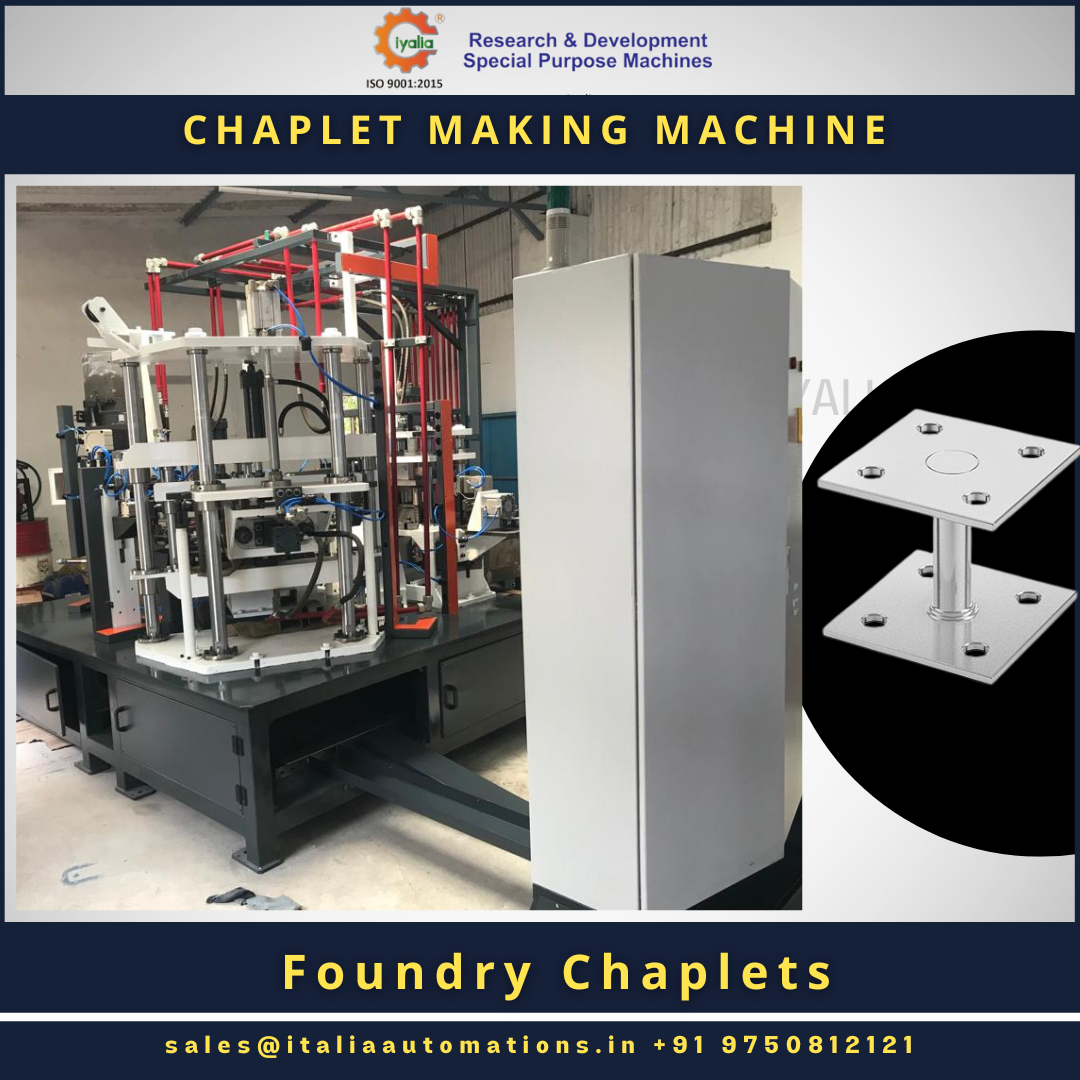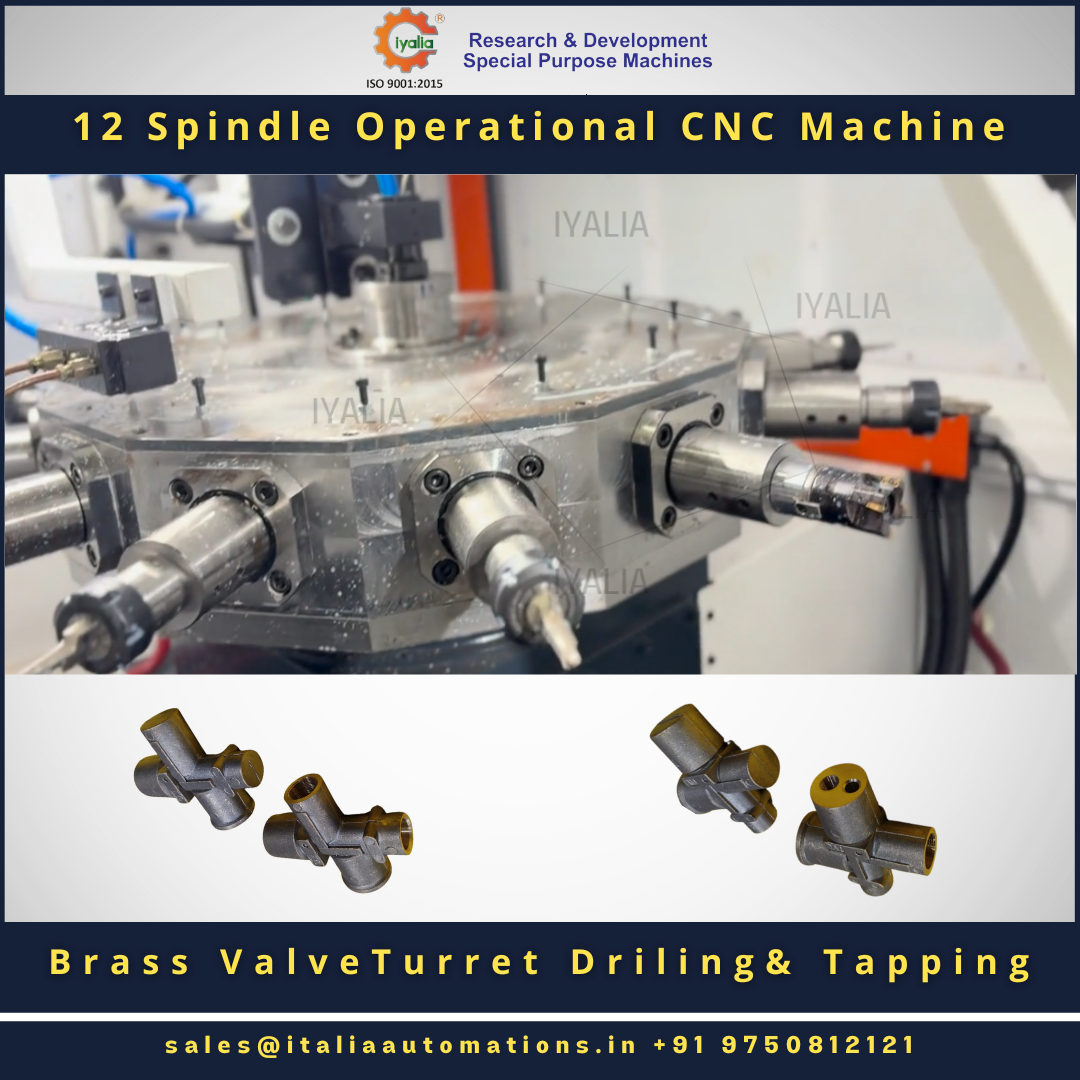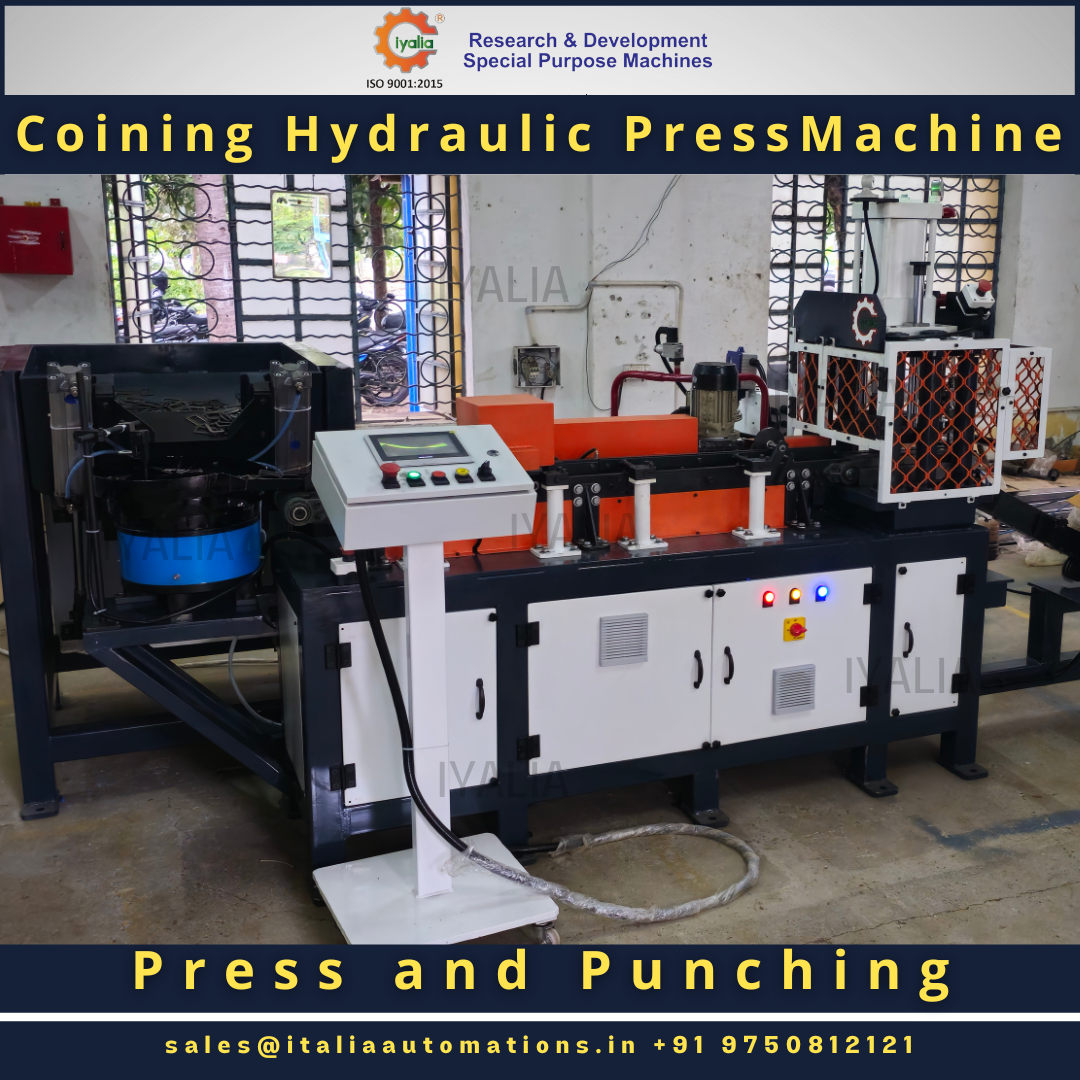
A customized SPM (Special Purpose Machine) is a machine specifically designed and built to perform a particular manufacturing or processing task. Customizing an SPM machine involves tailoring its features, components, and functionality to meet the specific requirements of a particular process.
The customization of an SPM machine typically involves the following steps:
Requirement Analysis: The process requirements are thoroughly analyzed, including desired output, precision, speed, and any unique process aspects.
Design and Engineering: Based on the analysis, a team of engineers designs the machine's mechanical structure, electrical systems, control mechanisms, and any necessary automation features. This includes selecting suitable components and technologies that align with the process requirements.
Component Integration: The selected components and systems are integrated into the machine, including motors, sensors, actuators, tooling, and control systems. This step ensures that the machine functions properly and reliably.
Programming and Control: The machine's control software or firmware is developed and programmed to manage the operation of various components and perform the desired process tasks. This may involve developing custom algorithms or utilizing existing software platforms.
Testing and Optimization: The customized SPM machine undergoes rigorous testing to ensure it performs as intended. Any issues or inefficiencies are identified and addressed through iterative refinement and optimization.
Deployment and Training: Once the machine is deemed ready, it is deployed to the production floor or the designated workspace. Operators and maintenance personnel are trained to operate and maintain the machine effectively and safely.
Customizing an SPM machine enables it to address a particular process's specific challenges and requirements. It can improve efficiency, accuracy, productivity, and quality control, resulting in cost savings and enhanced product outcomes.
Keywords
team
speed
output
Design
issues
motors
sensors
tooling
enhanced
accuracy
Training
firmware
precision
engineers
actuators
operation
workspace
Operators
Deployment
efficiency
Programming
Integration
Engineering
cost savings
technologies
Optimization
productivity
customization
functionality
inefficiencies
control systems
quality control
processing task
following steps
control software
product outcomes
production floor
rigorous testing
custom algorithms
various components
particular process
electrical systems
control mechanisms
suitable components
specific challenges
process requirements
mechanical structure
Requirement Analysis
iterative refinement
maintenance personnel
specific requirements
desired process tasks
customized SPM machine
unique process aspects
Special Purpose Machine
particular manufacturing
existing software platforms
necessary automation features



